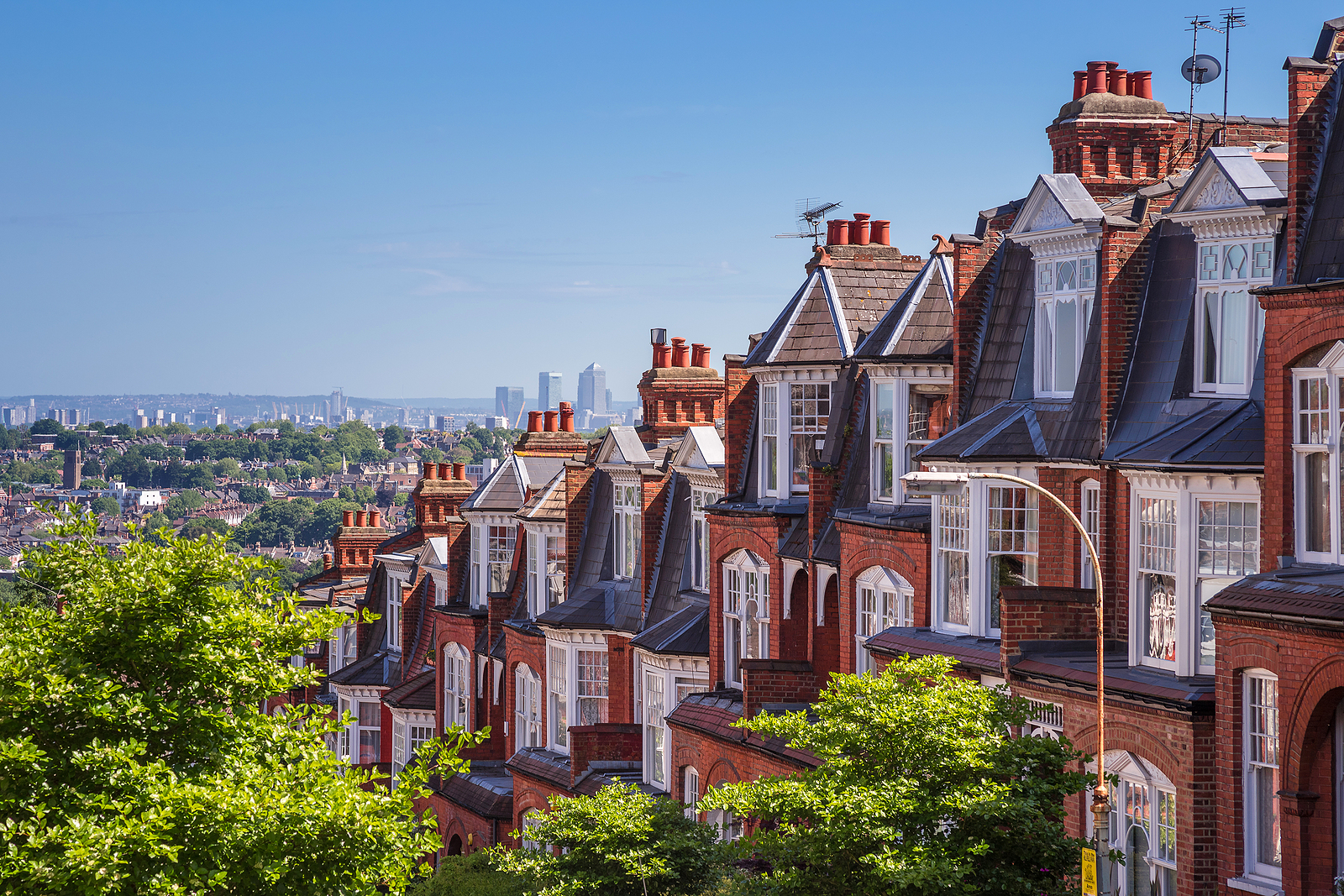Housing has been a critical talking point for the last four years, with house prices soaring even beyond many ambitious estimates and remaining resilient even in the face of somewhat more difficult and tumultuous circumstances.
With ambitious plans announced to build over a million more houses over the course of the next five years, there is an inevitable question always asked of estate agents amidst huge housing projects; how will the new houses affect the price of existing property?
The answer is not quite as simple as one might expect, as the housing sector is like no other and the basic law of supply and demand does not necessarily apply in the same way.
The Complexities Of New Housing
The law of supply and demand dictates that the less available something people want is, the more people will pay to get it, and when it comes to rising house prices, this fundamental economic law can be quite readily seen.
The surge in house prices from 2020 was started by a cut to stamp duty, but it remained at the levels it did primarily because a range of restrictions meant that the supply of homes and sellers was even lower relative to demand than is typical.
In real terms, according to a report by Capital Economics cited by This Is Money, house prices have quintupled in real terms over the past 50 years, due to a chronic lack of supply of housing affordable to first-time buyers and second-steppers.
This means that a lack of supply has led to much higher prices, but it may not necessarily be the case that more supply will lead to lower prices, at least not by itself.
Increasing supply will stop some of the more intense competition for houses, meaning that house prices will at least remain in place rather than continue to break records at the same abnormal rate that was seen from 2020 up until 2023.
However, if more affordable housing is bought, it could, in combination with other factors, lead to a reduction in house prices and allow people locked out of the property market to get their foot onto the ladder.
On its own, it might not necessarily lead to substantial drops in prices, given that it is not just homeowners who buy property but also speculators, investors and landlords, each of which would pick up any homes available on the market and keep prices high.
That could change if, for example, changes to stamp duty made housing too expensive an investment for speculative buyers, and abolishing controversial policies such as “no-fault evictions” could potentially lead to certain types of landlords hesitating before buying certain properties.
These factors, alongside managing the affordability criteria and mortgage rates that have spiralled out of control for many first-time buyers not on huge salaries could in combination lead to a reduction in property prices, but this is a process that is likely to take many years.
However, increasing the availability of the right types of properties is a step to ensure that everyone who wants a home can afford one.






